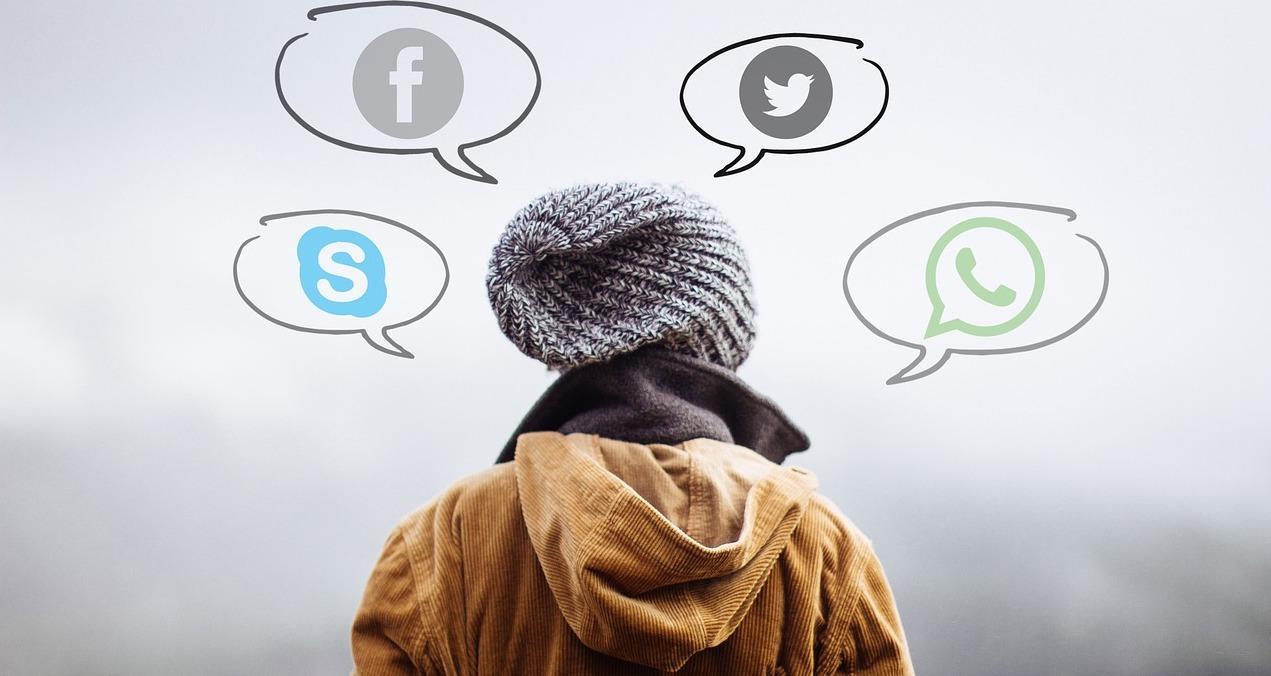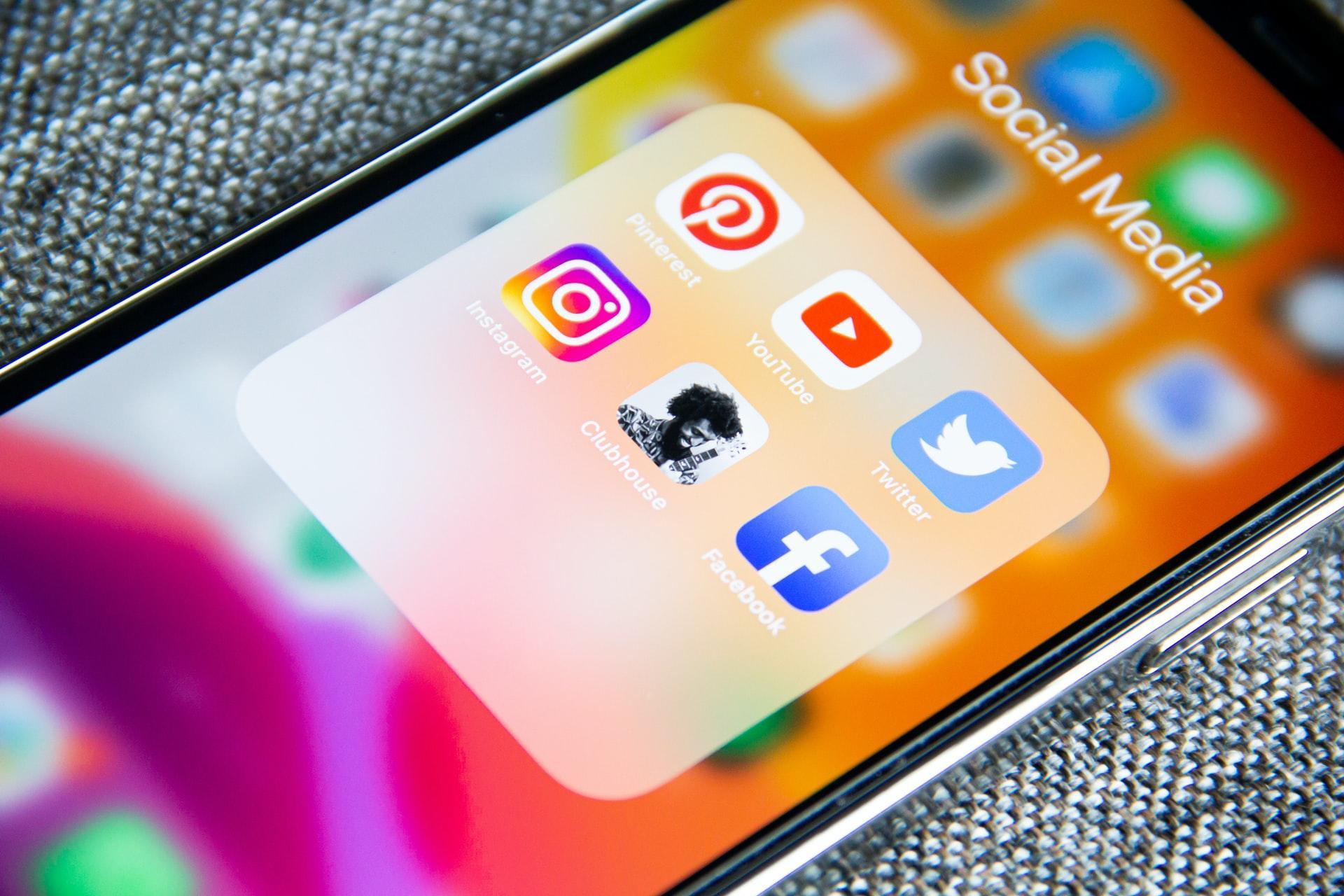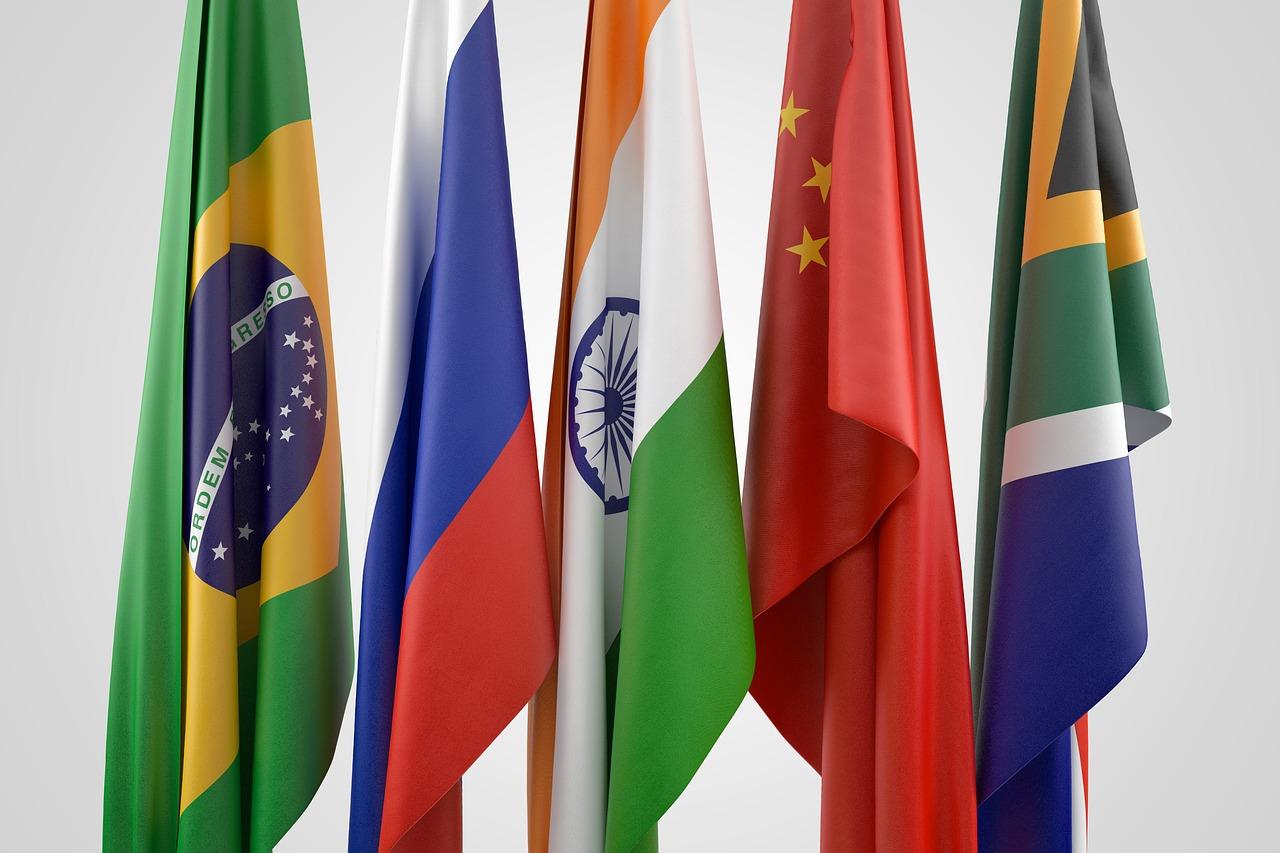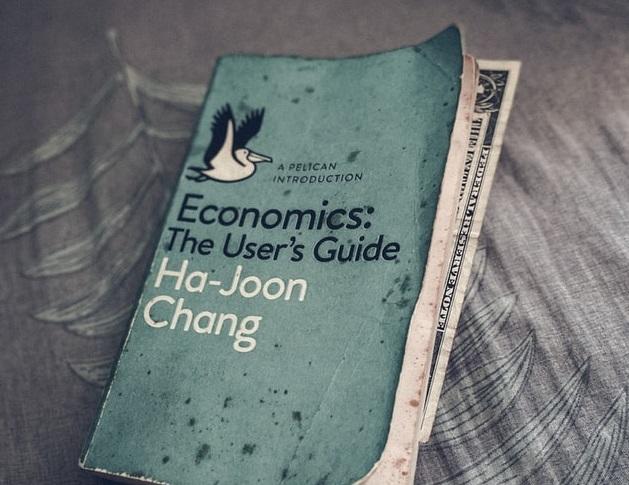Social media platforms have become a part of our daily lives. It kept us connected with loved ones during the Covid lockdown and many of us cannot go a day without checking videos on TikTok or Snapchat or posting to Instagram.
Consumers will pay for something they value according to basic economic theory, and the more they value something, the more they are willing to pay for it. Even if it means paying with their time, attention or purchases.
You might be wondering what we’re talking about as social media is free, right? Your account might be free, but social media has to make money in some way to keep the machine going.
So how do social media sites make money?
The main revenue generator for social media is the advertising of brands and products to their users. But digital marketing is a lot smarter than traditional print, press, outdoor and radio marketing can be. Algorithms, cookies and smart digital technology allows companies and brands to target people of a a specific age, in a targeted suburb and with specific interests.
Here’s a quick overview of how the media industry works, how they make their money and the opportunities some identified in making money from it.

How Facebook Generates Revenue
Facebook was the first social media platform that really became popular. It’s still one of the biggest in the world and certainly takes the top spot in South Africa. It’s important to understand that sometimes we pay for something, like being on Facebook, with non-tangible assets.
Users pay with their attention, preferences, connections, desires and habits.
Facebook and all digital media created incredibly effective ways to track and use data to target audiences that are well-suited to a specific product.
A simple example is you asking a question on Facebook and the next day you’ll notice some adverts popping-up in your feed that recommends the same product. Coincidence? Nope, just smart ways of a company finding their audience and targeting them with the help of relevant and timely marketing.
You can argue and say this is an infringement of your personal rights, and that’s exactly why it’s so important to ensure users read the small print when you sign-up to new platforms and services.
The social media model relies heavily on advertising income for its survival and if you go back to the small print you’ll notice that you probably agreed the use of your information for targeted ads and content by companies who pay for it. Luckily, they will never share your personal information with anyone, so you can relax knowing that they will only target you on the platform and you can opt out at any stage.
Another way Facebook makes its money is through accumulating and selling valuable data to third party users. This means they will count and measure how users from a set demographic behave and what they seek. This info can be useful to researchers, brands and political parties, to mention a few, who look at trends and consumer behaviour.

Twitter’s Money Machine
While writing this article Elon Musk was negotiating to buy Twitter, clearly noticing that there is a good profit in the world of social media.
The revenue model for Twitter has been publicly communicated and with no shame. The platform firstly makes its money through advertising and then on the sale of generic bulk data. Through the use of algorithms, Twitter will assess the interests of the account holder and target them with relevant information and ads in their live feed.
User data can be a business's most valuable asset in today's digital society.
The ownership, storage and management of data has been increasingly a topic of debate and conversation. Does data remain the property of the individual, or does will a company own it if they harvested the information from the consumer?
There are many legal wars and regulations in the industry that look at protecting the rights and information of consumers. In South Africa the Protection of Personal Information Act (POPI) clearly states how companies should be responsible in the protection, storage and destruction of consumer data.
The only way Twitter can master social media monetisation is through a steady flow and increase of user activity. For this reason they will constantly try and innovate and improve the twitter-verse which will enable them to use your data to make a profit.
Just like Facebook you’ll be able to find the details around this in the terms and conditions you agreed to when you signed-up. Maybe you’ll now reconsider deleting that email about them changing their terms and conditions before reading it?

How to Make Money on Social Media?
If you have an Instagram or Snapchat account you’ll probably know a couple of social media celebrities. ‘Famous for being famous’ on social media is what earns them a lot of money and this is not a new concept at all. An American sociologist coined this term in his written analysis and celebrities like Paris Hilton and the Kardashians are examples of famous infleuncers.
The movement started with the advent of YouTube in 2005 when artists started uploading their music and other material onto the platform to be ‘seen’. Justin Bieber’s career took off in 2009 when he did a video post on this channel. He immediately garnered millions of followers and you can imagine how many dreaming artists realised this opportunity.
It was around this time that the first social media influencers started to create content as hobbies. Names like Zoe Sugg, an influential beauty and lifestyle business woman and writer, and PewDiePie with 90 million followers, have made a career out of networking and content creation.

Why is this important to platforms?
Well imagine that Zoella (Zoe Sugg) reviews your product. She does a video post on Instagram and shares it with her 1.1 million followers. How many people do you think will try it?
Many companies and businesses took note of how partnering with these influencers could help to sell their products or brand. It was a new and effective way to reach their audience. One YouTube video post by an affiliate could be seen by a million followers, and because they have already established trust with the audience it could lead to instant selling.
Influencers earn money by making great content and videos to intrigue their followers.
To become an influencer comes easily for personalities like Bonang and Paris Hilton who are natural magnets. But others will realise that it’s a skill and takes a lot of consideration, networking and an understanding of how to market yourself and services to a specific audience.
If you are interested and new to the industry we recommend you follow famous influencers, start playing around with what your ‘specialisation’ and public personality can be and build a following of people with the same interests. You can also read more about making money through social media in our series of articles related the topic.
Posts on Instagram and videos on YouTube are not the only way to make you famous. A well-rounded influencer considers all channels in marketing. You could also become a famous podcaster, blogger or do live streams on more serious topics like economics, politics and conservation.
Becoming an affiliate marketer is another way of making money through online marketing. Affiliate marketers can use a landing page, video, posts or ads to market products to their network.
Affiliate marketing can also be called referral marketing, but to be effective their ads and content need to offer discounts or unique benefits.

How The Media is Financed
Digital and online media is incredibly popular nowadays and in South Africa we’re seeing exponential growth as mobile phones have placed connectivity in almost every person’s hands. If you are, however, really interested in the commercialisation of media you cannot disregard its predecessors – print and broadcasting media.
Similar to social media these media channels also make most of their money from advertising. In many countries the government also lends a financial helping hand, and in South Africa the SABC (South African Broadcasting Commission) is a state-owned enterprise.
There are also other sources of income like licensing fees or subscription fees for the more popular streaming services like Netflix and Disney PLUS. Read the rest of the articles in our series on media funding to learn more about the financing of media and how media make their money.
The Privatisation of Media
You know now that the SABC is owned by the government, but many would argue that their performance has been so bad with mismanagement of funds, bad quality programmes and ongoing retrenchments that the privatisation of media is the only possible solution for it to survive and perform.
Well, the coin has two sides, like most theories in economics. Both sides of the argument hold value and although private media ownership tends to be more productive, they tend to drive decisions in the interest of companies, potentially at the cost of society at large.
Historically, media was created to serve the people.
To communicate, inform and educate them about the happenings of the world. From this point of view it makes sense for the government to control our media, but to what extend and will that lead to propaganda where the freedom of speech that we are so used to in South Africa is being taken away from media?
Fake news in online articles, social media channels or digital media is more and more prominent and this could be damaging to society. Governments are trying their utmost best to fight cyber-crimes like spoofing, identity theft and fake news, and it is thus in the interest of the people to support them in their cause.
But, government interference in social media might mean less money for some.
Are we willing to pay the price for the betterment of society?
If you choose to enter the world of social media to make money you’ll have to consider this and lay down some ethical principles around your personal business model.
Above all you should have fun and be considerate and kind.
We wish you all the best!
Summarise with AI:
























